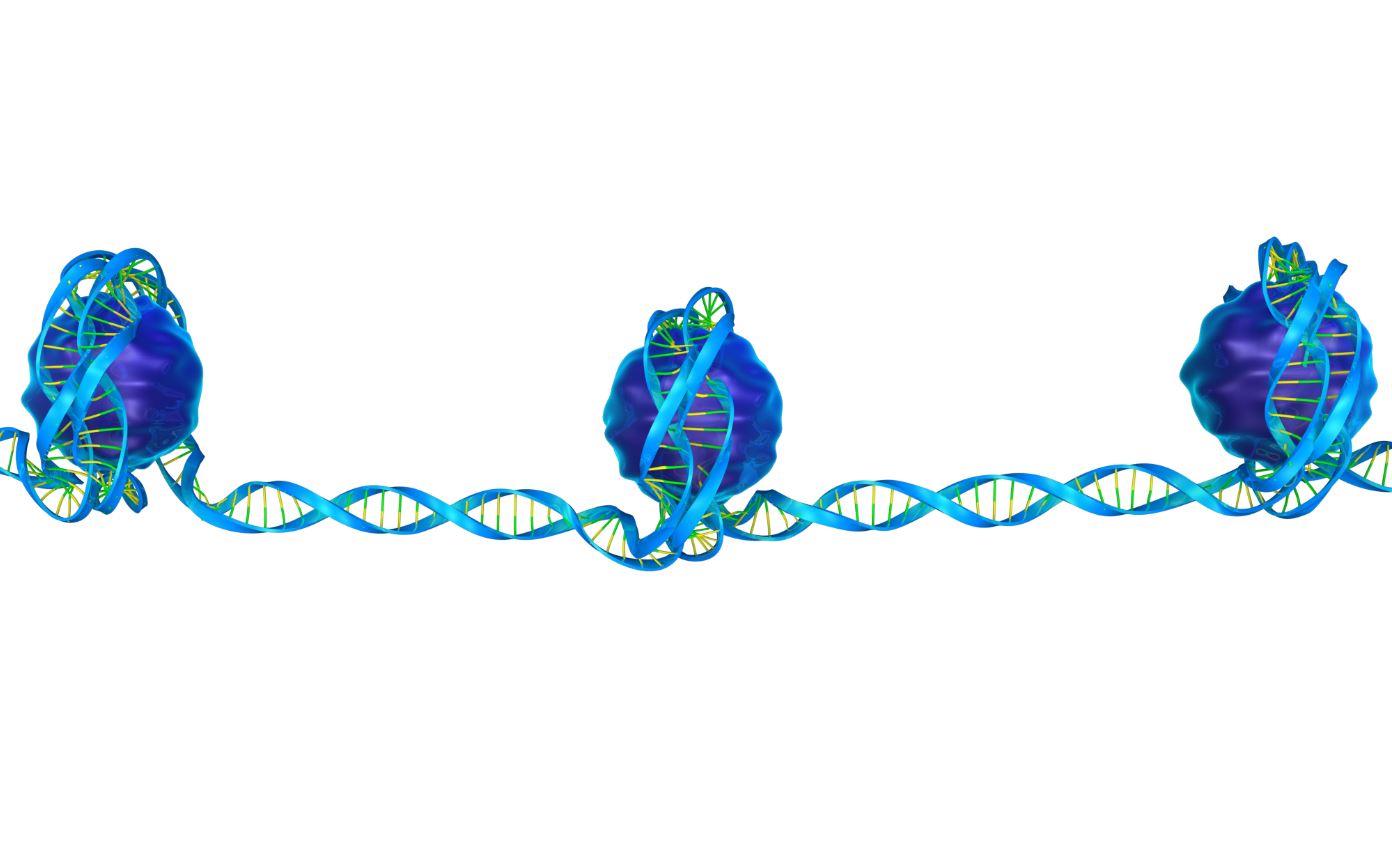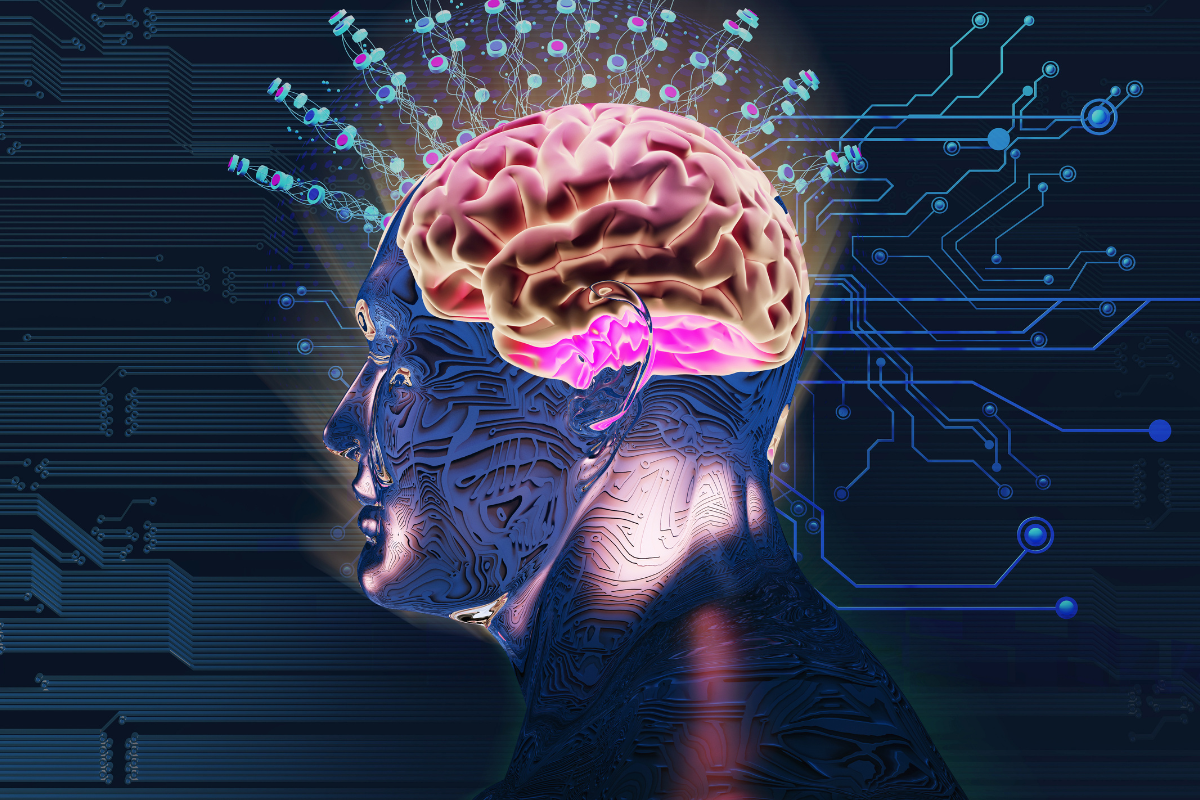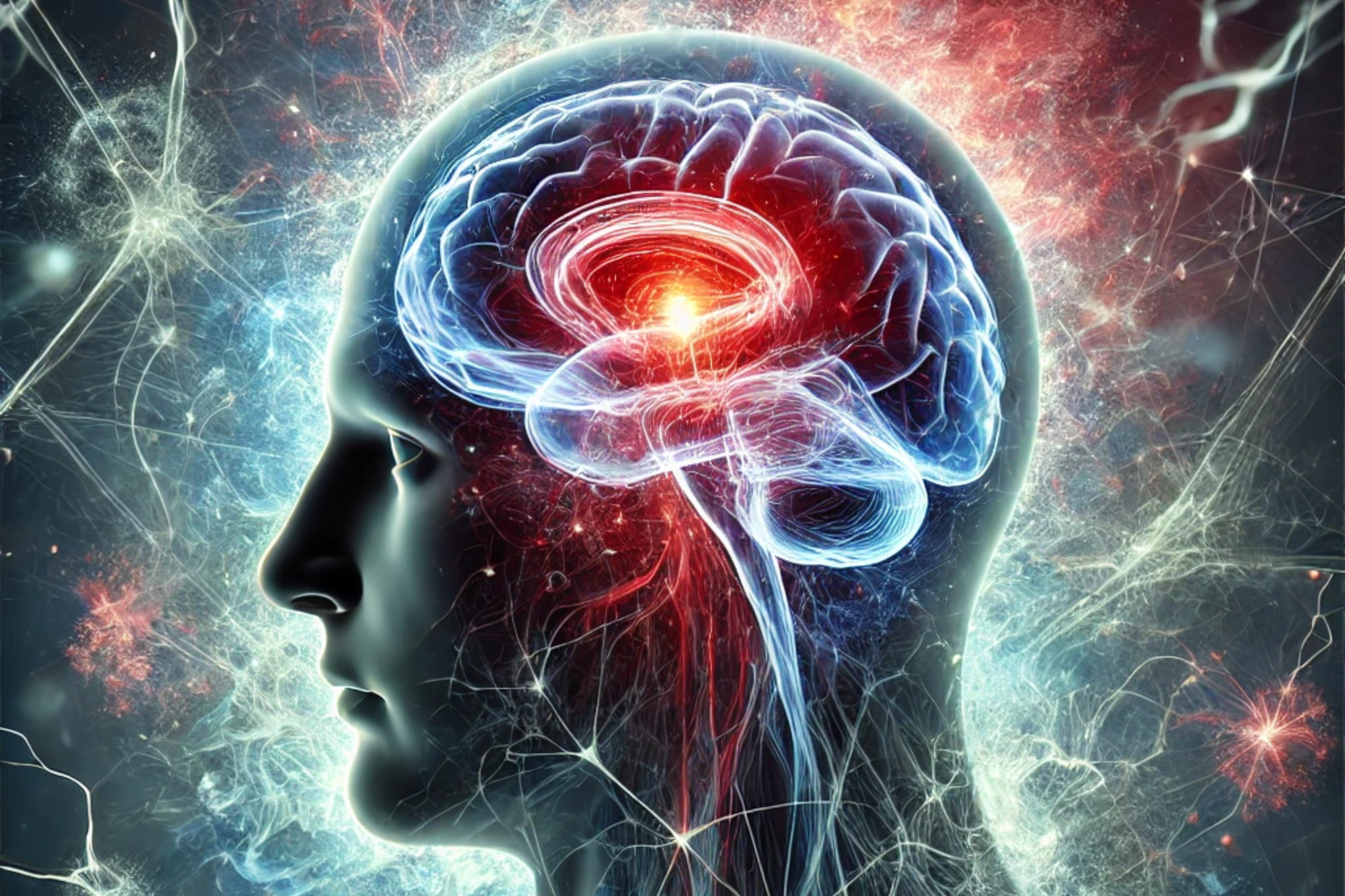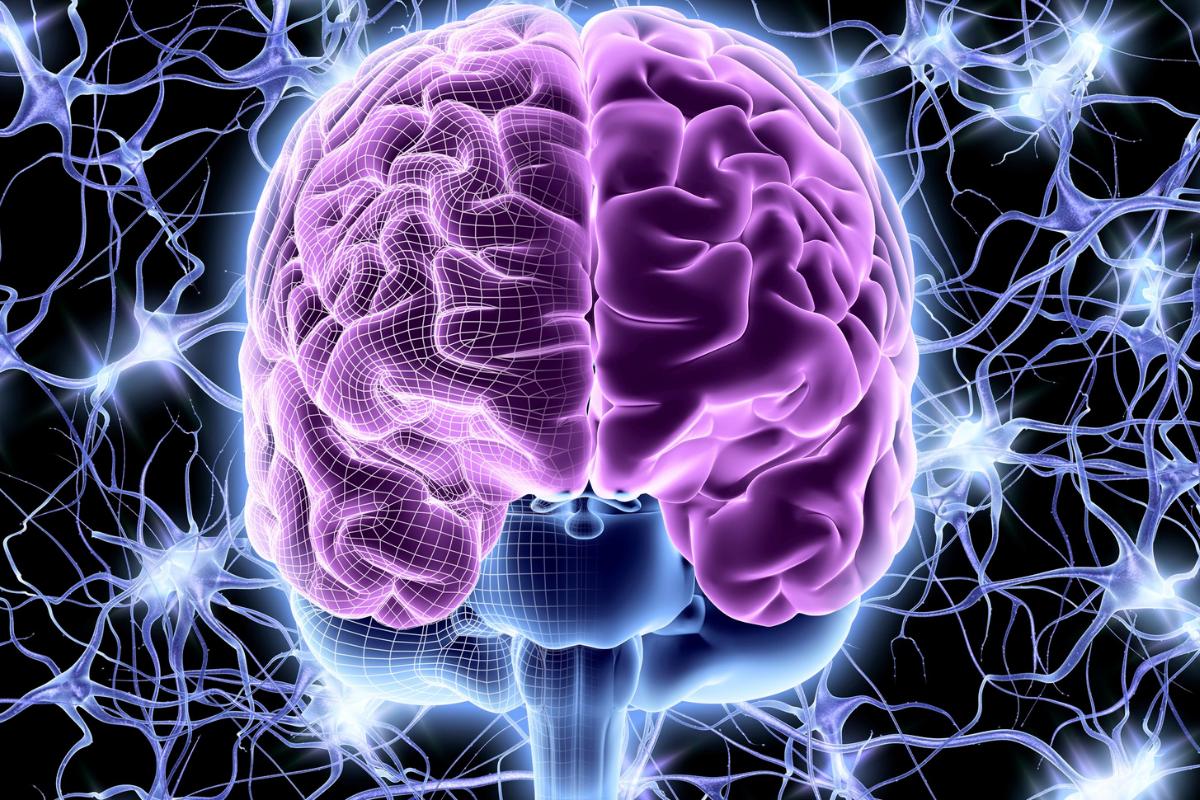By Dr. Petrus Raulino
About epigenetic drugs
Epigenetic drugs for anxiety disorders are not yet a reality in clinical practice, as they are at the experimental research stage. But it's worth following the evolution of knowledge and finding out about ongoing research.
Anxiety disorders are common mental disorders with a global annual prevalence of 7.3%. The age of onset of these disorders is usually around 20 years old, with women twice as likely to be diagnosed.
It is believed that psychological and biological factors contribute to the pathogenesis of anxiety disorders.
Psychological factors
The psychological factors involved in the pathogenesis involve traumatic and stressful life events, especially during childhood. O Stress is known to activate many neuronal circuits, such as those in the hippocampus and the hypothalamic-pituitary-adrenal (HPA) axis.
Among the biological factors involved are epigenetic mechanisms of gene expression, i.e, complex traits involving multiple genes interacting with environmental factors (not involving changes in the DNA sequence, but altering the activity of genes).
Epigenetic mechanisms andThese involve molecular mechanisms such as DNA methylation, DNA hydroxymethylation, histone modifications and regulation of gene expression mediated by non-coding RNA (ncRNA).
Biological factors
Environmental factors can cause changes in epigenetic mechanisms.
There is evidence that epigenetic mechanisms are deregulated in practically all types of psychiatric disorders and that these deregulated mechanisms contribute to pathogenesis.
The importance of new research
There are several classes of medicines effective for treatment of anxiety. However, not everyone adapts to the drugs currently available, due to side effects or a lack of satisfactory therapeutic response.
This is why new research is so important. One potential class of new drugs for the treatment of anxiety are epigenetic drugs.
Pre-clinical and clinical pharmacological trials - still experimental - using HDACi (histone deacetylase inhibitor) for treatment are showing favorable resultsThis allows research to continue with larger samples of patients.
Conclusion
The mode of action of HDACi in anxiety disorders is still unclear. More research is needed to elucidate HDACi's mode of action in relieving the signs and symptoms of anxiety disorders.
There is a long way to go in this line of research, but scientific knowledge opens up new possibilities that could transform the list of therapeutic options for anxiety disorders in the future.
References
Peedicayil, J. (2020). The Potential Role of Epigenetic Drugs in the Treatment of Anxiety Disorders. Neuropsychiatric disease and treatment, 16, 597.
Schiele, M. A., & Domschke, K. (2018). Epigenetics at the crossroads between genes, environment and resilience in anxiety disorders. Genes, Brain and Behavior, 17(3), e12423.
Stein, D. J., Scott, K. M., de Jonge, P., & Kessler, R. C. (2017). Epidemiology of anxiety disorders: from surveys to nosology and back. Dialogues in clinical neuroscience, 19(2), 127.
Bartlett, A. A., Singh, R., & Hunter, R. G. (2017). Anxiety and epigenetics. Neuroepigenomics in Aging and Disease, 145-166.
Maron, E., & Nutt, D. (2015). Biological predictors of pharmacological therapy in anxiety disorders. Dialogues in clinical neuroscience, 17(3), 305.







